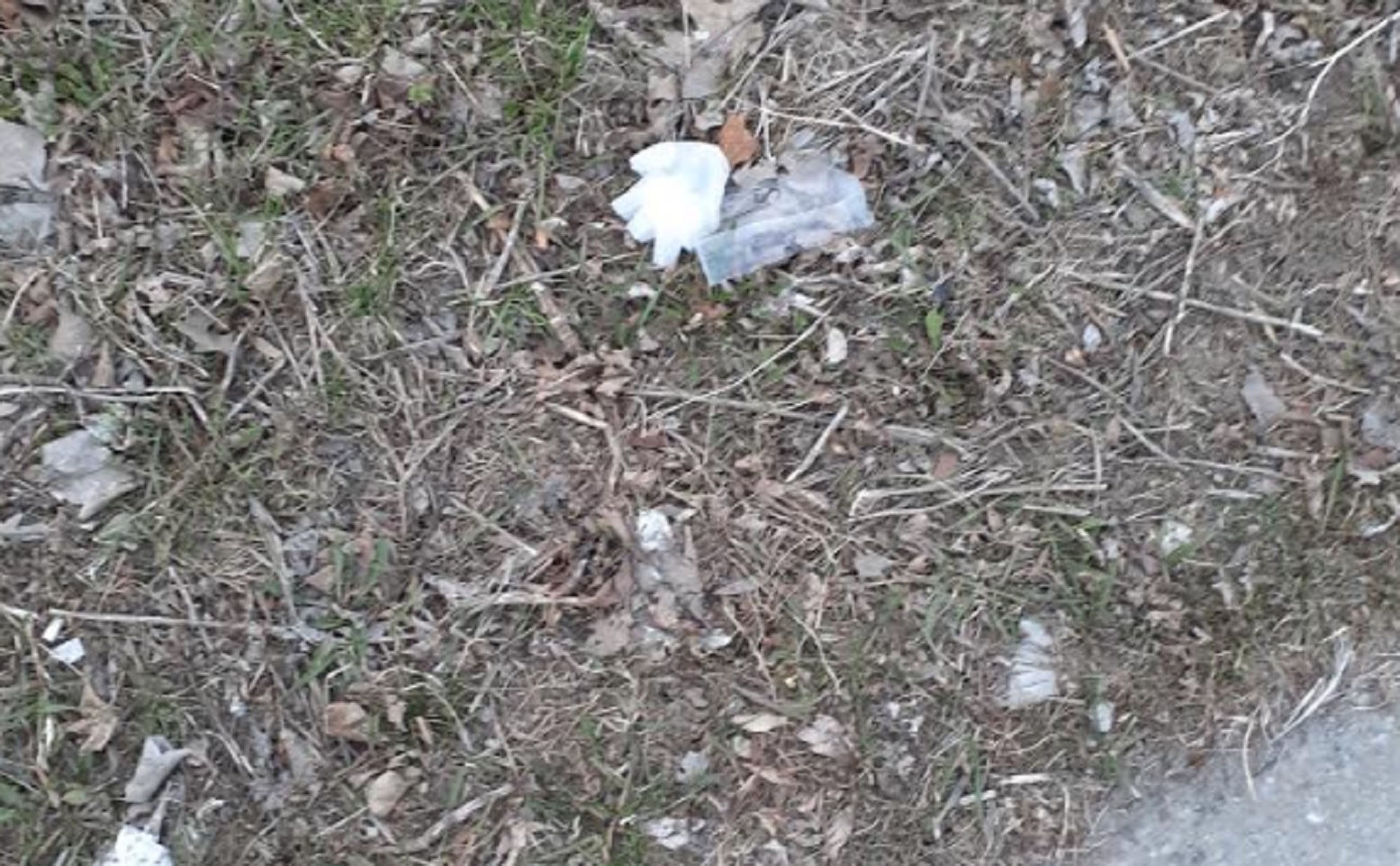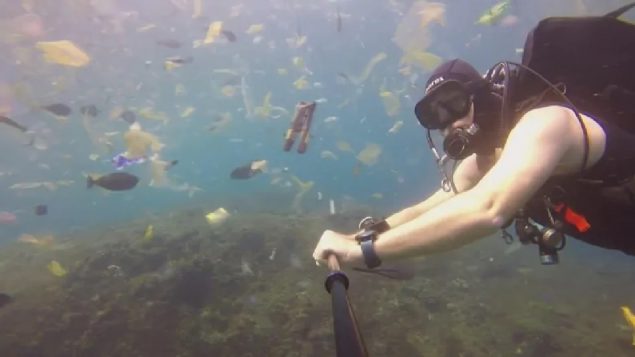In recent years, governments, NGO’s, environmental groups, and citizens began to become much more concerned about the ever growing amount of waste plastic in the environment.
Plans were being made in Canada for a ban on single-use plastics to come into effect in early 2021, An announcement of plans to enact bans and reduce plastic use which appeared on the Prime Minister’s web page in June of last year. It stated that Canadians throw away about 3 billion tonnes of plastics annually and that about a third of that involves single-use or short-lived products and packaging.
The pandemic has put many environmental plans in Canada and elsewhere on hold, at least temporarily.
- RCI: May 19/20: Plastic bans, climate plans delayed due to virus
- RCI:Apr 22/18: Microplastic invasion in the Arctic
- RCI: Jan 11/19: Recyclig plastics- Individual efforts or naught?
Attitudes have also shifted as have practices. Many stores stopped allowing the use of reusable bags, coffee cups and other containers over fears of spreading the virus. This created an increase in the use of single-use plastics. This would include an increase in use of plastic straws, plastic throw away cups, plastic packaging in take-away foods.. Many restaurants have only been able to survive by offering take-away, as sit down service was prevented, and only now slightly relaxed.

Discarded latex glove near sidewalk on an empty property near a Montreal subway station . Carelessly discarded PPE is an indication of how attitudes have changed during the pandemic Apr.27,2020 ( M Montgomery)
Quoted in the CBC, Ashley Wallis, head of the plastics program for Environmental Defence cited The International Solid Waste Association which estimates that, “our single-use plastic use has increased by 250 to 300 per cent during the pandemic,” She notes that some of that is from the extensive use of personal protective equipment, much of which is plastic and gets binned after a single use or short term use.
A recent survey by the Agri-Food Analytics Lab at Dalhousie University in Halifax compared attitudes and habits last year regarding plastics use, and this year in the midst of the pandemic.
The national surveys show that although people recognize the effects of plastics on the environment, that concern has declined slightly during the pandemic from 91 per cent, to 87 per cent.
COVID-19 may have made some people forget about our plastic addiction, but the problem is still amongst us.”, Dr. Tony Walker, co-author, and Research Associate
Over a quarter (29%) of respondents now feel they are buying more plastic packaging during COVID. with young people leading the way. Some 47 per cent of those aged 18-25 , and 34 per cent of ages 26-39 felt they were buying more plastics and plastic packaged goods.
Concerns about “safety” were also given as reasons for increased plastic use and purchase with 55 per cent citing such increased concern due to COVID. Indeed, 40 per cent of respondents consider new safety concerns during COVID to be either “very important’ or “extremely important” to their decisions about buying plastic packaged goods.
The 2019 survey showed strong support for more stringent regulations on plastic (90%) and bans on single use plastics (70%). The latest survey found that support has significantly eroded by 11 and 12 per cent respectively. Indeed 52 per cent of respondents thought tougher regulations should be put on hold until COVID passes.
additional information-sources
- Agri Food Analytics Lab- survey
- CBC: K McGillivray: Aug 15/20: The fight against single-use plastics has been sidelined by COVID-19, but activists aren’t giving up
- Post Media:(Windsor Star): L Brehaut: Aug 27/20: Plastic waste is piling up during COVID-19 as support for single-use ban falters, study shows







For reasons beyond our control, and for an undetermined period of time, our comment section is now closed. However, our social networks remain open to your contributions.